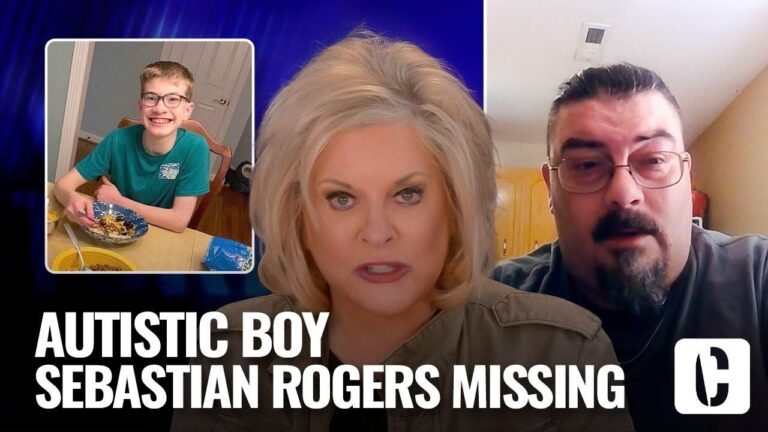9 indicios de que probablemente no tienes autismo...
- Autism isn’t just about being socially awkward or having quirky interests. It’s a spectrum, and everyone experiences it differently.
- Autistic people may exhibit repetitive behaviors, but it’s not just nervous fidgeting – it’s a way to self-regulate and find comfort.
- Special interests in autism aren’t just about liking something a lot – they’re intense, consuming, and sometimes odd to others.
💬 Relatability and Understanding of Autistic People
Upon reflecting on your life experiences, you may have noticed that you can relate to people in ways similar to those who are autistic. Perhaps you have an understanding of their struggles and feel a sense of familiarity with their unique ways of thinking and interacting.
Principales conclusiones:
- Reflect on your personal experiences and see if you can relate to the ways autistic individuals think and interact.
- Understanding the relatability and familiarity you feel towards autistic people may provide insights into your own behavior and thought processes.
🧩 Mismatched Social Expectations
In social settings, you may find it particularly challenging to meet the same expectations and desires as those around you. This could manifest as a divergence in the way you socialize and your preferences in social gatherings.
Table: Common Mismatched Expectations
| Desire | Be expected to want the same things |
| Socializing Style | Social interactions may feel like juggling |
🤔 Feeling Alienated and Othered
You may have experienced instances where you felt out of place or alienated in social situations, causing a sense of alienation and being "othered." This feeling of being different from others could potentially signal a connection to autistic traits.
Quote:
"We feel like we’re supposed to be here but we really feel othered."
🌐 Preference for Online Interaction
You might find that you are significantly more comfortable socializing online rather than in person. This preference for virtual interaction can signal a different way of enjoying social connections and socializing.
List:
- Socializing preferences may lean towards online interactions.
- A different approach to socializing could be a unique characteristic related to autism.
🧠 Special Interests and Intense Focus
What fascinates you may be specific topics or hobbies that you delve into with intense focus and dedication. This level of engrossment and commitment to particular interests may indicate traits associated with autism.
Table: Intense Focus and Special Interests
| Special Interests | Engrossed in specific topics or hobbies |
| Exceptional Focus | Dedication to particular interests |
👥 Rigid Routines and Impulsivity
You may adhere to strict routines while also having a tendency to impulsively change plans or decisions. Balancing these traits might present a challenge and affect your interaction with others and the world around you.
Italicized Statement:
Navigating between rigid routines and impulsivity can be complex and impact various aspects of your life.
🔄 Transitioning and Interruptions
Switching tasks or transitioning between activities might prove to be a mentally taxing process, and interruptions could also disrupt your focus and create distressing situations.
Bold Statement:
The difficulties in transitioning and dealing with interruptions can be overwhelming and mentally draining.
By identifying and understanding these signs, you can gain insight into how you relate to traits commonly associated with autism. While these observations are not definitive indicators, they can serve as valuable considerations in understanding yourself better.
Remember, everyone’s experiences are unique, so seeking professional guidance and support can provide clarity and guidance on these matters.






